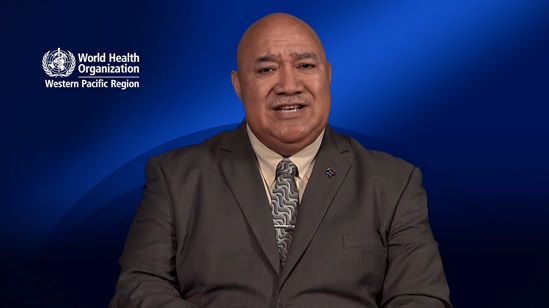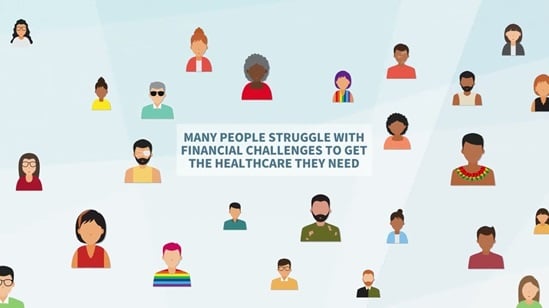
Health governance in the Western Pacific
Health system governance refers to the rules and norms that shape roles and responsibilities, incentives and interactions in the health sector. Governments play a major role in setting the governance arrangements in the health sector. They act through a broad range of legal, policy, planning and monitoring instruments. Health service providers, both public and private, and citizens, further constitute the core actors in conventional health governance models. Linkages between these three groups are essential to health system performance and the achievement of universal health coverage (UHC).
International organizations, corporations and other networks also play a role in health system governance. Beyond the legal and other formal instruments available to government, a variety of conventions, norms, cultural traditions, forms of persuasion, force, economic pressure and other mechanisms are increasingly shaping governance arrangements and health system performance.
Technical links





/campaigns/whocc-forum/2025/whocc/whocc-forum.tmb-549v.png?sfvrsn=4f9e25c1_1)

/countries/palau/jauna_on_her_farm.tmb-549v.jpg?sfvrsn=a55b88d5_1)




/countries/fiji/55454.tmb-549v.jpg?sfvrsn=be9aec42_1)






